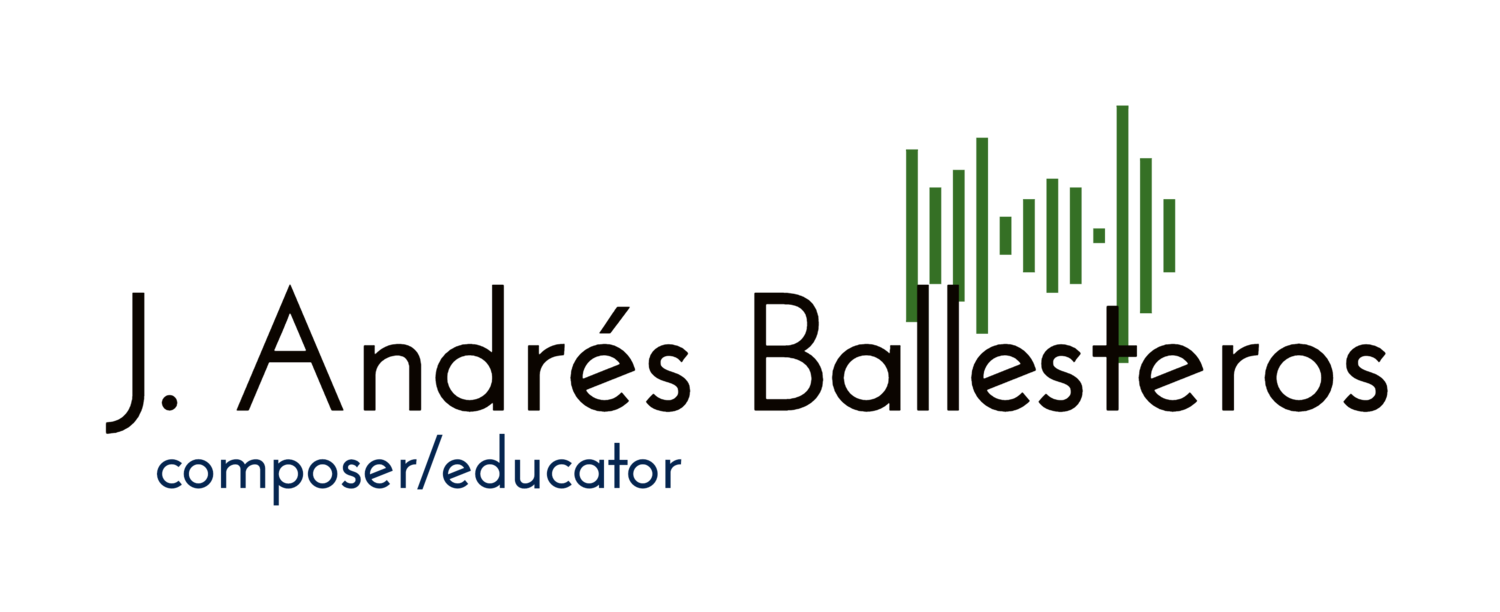“Many education leaders lament the current state of American high schools and say we need to redesign them.... But there’s a school in Boston that’s already doing that right now: Boston Arts Academy.”
So begins a recent article on WBUR about the innovative, audacious public school where I'm lucky to teach. Although I've taught a number of subjects at the school, my main opportunity to collaborate and innovate has come in music history.
One of the music history classes I teach is a seminar for junior musicians. Last year, we debuted a curriculum based on the idea that (a) our students should engage as musicians with the world around them, and (b) the best way to do so is to look at musicians past and present to learn how they addressed their realities. We decided to do this backwards, starting from today and moving to the 1800s, in order to show the roots of today's music step by step.
Check out some of the music on our curriculum below and sign up for the email list (on the right sidebar) to get expanded playlists for this and other posts.
You can support ground-breaking teaching at Boston's only public high school for the arts with a tax-deductible donation right here!


